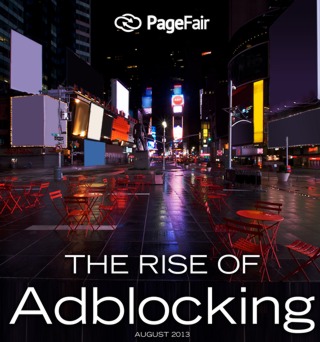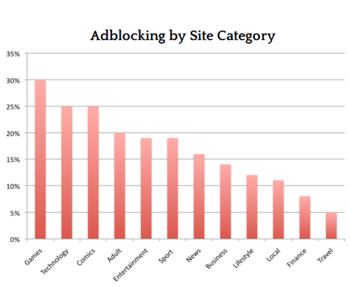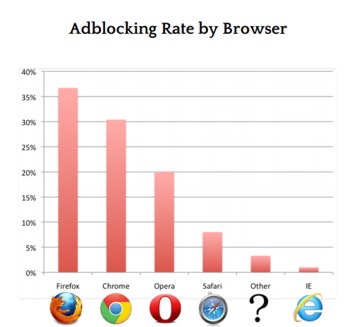| Adblocking - Looking For A Solution |
| Written by Sue Gee | |||
Page 1 of 2 AdBlock aims to make the Internet a better place by fund-raising for its anti-ads ad campaign. But who is really hurt by web advertising, and who will suffer if AdBlock succeeds? It could be all of us. As programmers we create web apps and web sites and a lot of us make use of advertising to pay for what we are doing. However, as programmers we also know how to modify a downloaded page so that the ads aren't seen. We can play on both sides of the fence and the opinions we have about blocking ads aren't necessarily coherent. They almost amount to a feeling that when I'm browsing I will block ads, but when I'm creating apps or web sites I really don't want users to resort to ad blocking. The rule seems to be that its OK to block ads as long as they aren't my ads! Unfortunately this is no longer a theoretical discussion. The issues of privacy and the general anti-advertising attitude of many Internet users is becoming a critical problem and a threat to its continued funding. Michael Gundlach, the creator of AdBlock, claims that around 30% of Internet users already have an ad-free experience and he is hoping to convert even more people by showing them ads! Yes that's hypocrisy for you - AdBlocker is advertising big time. Could we perhaps make use of a technology that blocks AdBlockers ads? Nobody likes intrusive advertising, but before you rush off to make a donation to AdBock pause to think about the implications of an ad-free Internet. How will sites that don't sell products or ask you directly for money manage to survive? Maintaining a website costs money - even if the people who create and maintain a site do it for free, and that applies to most blogs and many informational sites - there are hosting charges, phone and electricity bills. In ask for donations to protect and sustain Wikipedia, its founder Jimmy Wales says: Advertising is not evil. But it doesn't belong here...When I founded Wikipedia, I could have made it into a for-profit company with advertising banners, but I decided to do something different. Luckily for Wikipedia it was such a success that it is the #5 site on the Internet - yes that would bring in substantial advertising revenue and turn a profit. But for any company that isn't in the top tier, advertising isn't likely to fund an extravagant lifestyle. Sites that manage to cover all their costs are doing well and most settle for a lot less. Adblocking On The Rise A recent report from PageFair PageFair (formerly BlockMetrics), a company whose software enables websites to monitor the prevalence of adblocking, outlines the scale of the problem and how it is getting worse.
Collecting data from 220 websites that use its free nplug-in it reports an average adblocking rate of 22.7%, with variation between 1.5% to 65%.
This graph show adblocking by site category and reveals that: The worst affected sites are those that target more technically savvy audiences, such as games and technology sites. More than 25% of the visitors to these sites block advertising, with some sites experiencing rates in excess of 50%. Other data that support the conclusion that technical users are more likely to block ads relate to adblocking rate by browser. To quote PageFair's report:
At this point either the commercial Internet would effectively die or some other funding mechanism would have to be found. Can we let this trend take its course? Could the Internet that we currently enjoy survive without advertisers paying for it? You have to remember that most of the "free" services that we have come to rely on - search, webmail, maps, social media and so on depend on advertising to pay their bills and make a profit. Zero advertising take up means zero free services. Swageroo Algorithms appears to have understood the dilemma writing: What would happen if AdBlock managed to reach high double digits? These days I can enjoy things like Google search, Gmail, Maps, Facebook, Reddit, Twitter, etc and they’re constantly getting better every year because of millions of dollars of research and development. Things like AdBlock lower the incentive to offer great free services, whether they’re provided by giant mega-corporations like Google that provide search and maps, or even just smaller internet communities that rely on ads to keep things like hobby forums alive. As technically savvy Internet users we need to stop to consider both sides of the argument - the advantages of ad-free content versus no content at all. For example, last month The H shut overnight because of its inability to "monetize traffic" and if AdBlock get its way this could be the tip of the iceberg with more well-regarded sites discovering it just isn't viable to offer the services they do. Other sites have tried defending themselves against AdBlock with results that are disheartening to others contemplating such action.
|
|||
| Last Updated ( Saturday, 31 August 2013 ) |


